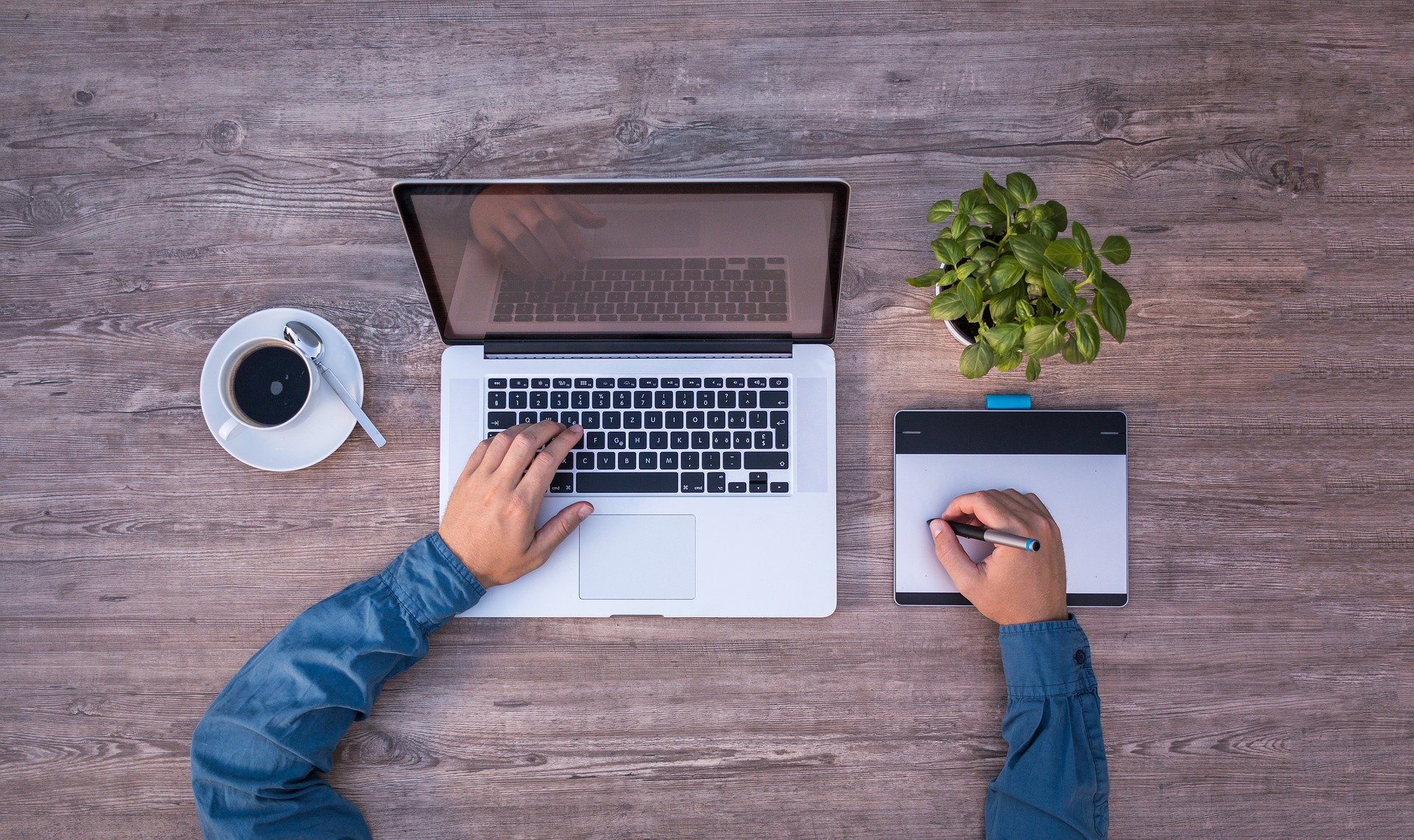 For the last ten years, I have spoken and written about different disruptions when it comes to the way we communicate, learn, and work. In my post, Humans, Gigs, and Robots Are The New Blended Workforce, I noticed how the numbers increased for full-time workers working with digital assistants, bots, or gig workers. I also mentioned that the way things have changed “has never been this fast”, but at the same time, it will also never decrease or become “this slow again”.
For the last ten years, I have spoken and written about different disruptions when it comes to the way we communicate, learn, and work. In my post, Humans, Gigs, and Robots Are The New Blended Workforce, I noticed how the numbers increased for full-time workers working with digital assistants, bots, or gig workers. I also mentioned that the way things have changed “has never been this fast”, but at the same time, it will also never decrease or become “this slow again”.
What I failed to envision was the fact that we would only work from home while still trying to juggle homeschooling and trying to work out ways to handle three Zoom sessions in one go. These sessions included one session for our children’s learning from home, one for our partner’s meeting, and one for our own meetings.
Covid-19 is fast becoming an accelerator for the greatest transformation in our workplaces in this lifetime. How we shop, work, communicate, learn, and exercise, has changed forever!
In 1987, the term Volatile, Uncertain, Complex, and Ambiguous (VUCA) was published by the Army War College for the first time. It has only taken a week or two for the coronavirus to close most gyms, shops, bars, and restaurants, along with encouraging or mandating the majority of workers (88%) to start working from home, whether they have coronavirus symptoms or not (according to Gartner), which triggered hiring freezes. Just recently an astounding (record number) of 3.3 million people were forced into applying for unemployment benefits.
But the more important question is linked to how is this huge transformation is going to affect the workplace, your organisation, your team, and you? A recent survey by the Future Workplace entitled The Impact Of The Coronavirus In The Workplace which included 350 HR leaders explored this question. Here are a few takeaways on the way this “new normal” of work has started to evolve within organizations.
Below are the top findings from Orchard House Solutions along with what I think about the overall implications on how Covid-19 will speed up most future-of-work initiatives in 2020 and beyond.
Increase Investment and Training In Remote Working
In many countries around the world, most companies are handling the Covid-19 pandemic by either encouraging or mandating employees to work from their homes. As this virus spreads, the “new normal” for many workers is to work from home. We have heard comments such as: “It is the first day of both homeschooling and working from home,” or; “I never signed up to be a teacher and I now believe teachers should receive salaries like CEOs.”
What have businesses done to make preparations for the biggest “work from home” experiment ever? The research we have compiled has studied many ways organizations are currently handling remote working, and more particularly the training that goes along with it. From the recent Future Workplace survey, “The Impact of the Coronavirus in the Workplace,” one of the first questions asked included: “In what way does your business provide training on how to work from home successfully?”
The answers ranged from providing manager and worker training to coaching, mentoring, and even the launch of Employee Resource Groups that focuses on remote workers (and in some cases their families).
The Future of Work is the Future of Worker Wellbeing
My column in Forbes, “Top Ten HR Trends That Matter Most In The 2020 Workplace,” has detailed how businesses that are always focusing on the “future of work” are often consumed by an imminent disruption of automation, jobs, and workplace demographic changes. These may all be important, but it is also important to ensure that worker wellbeing is also a priority.
It is now even more important that the “future of work” should become the “future of worker wellbeing.” With the expansion of digital economies, our constant “always-on” method of working, having to handle the coronavirus, and the stress of managing life-work integration, making sure we focus on worker wellbeing is more important than ever.
